From the very first meeting in Magdeburg in 1966 to our latest flagship Congress in London last June, EASL has grown to be one of the world’s leading associations in Hepatology, counting more than 4,500 members from all over the globe. Throughout nearly seven decades of existence, our association has developed and evolved thanks to the efforts of leaders and members of our worldwide community, bringing together their wisdom and experience gained from various backgrounds and paths.
EASL has witnessed many breakthroughs in Hepatology and many pivotal moments for the field, and we have nurtured the careers of many key stakeholders and personalities in our field.
We recently launched our new Membership structure, and to celebrate, we spoke with five of our members, all from different membership categories and representing different generations of Hepatologists. They agreed to talk about their experiences with EASL, from the moment they joined to what the association has done for their careers—and why EASL is and will continue to be the Home of Hepatology.
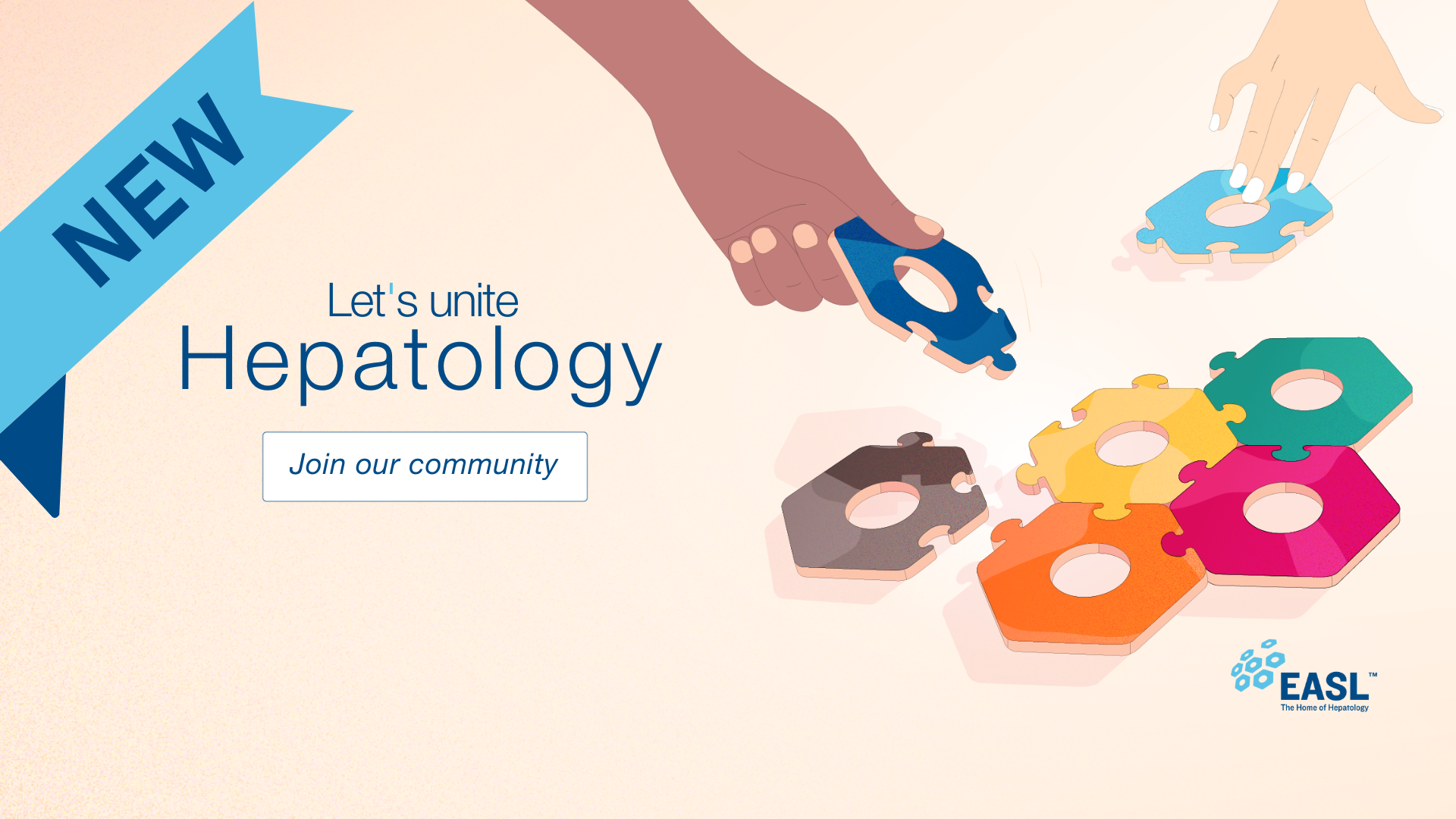
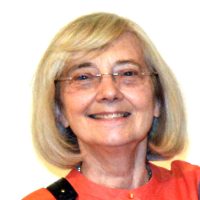
EASL membership is not only essential for any person interested in studying the liver to progress in their ‘occupation’, but also a very convivial ‘home’.
EASL has allowed me to get access to top-class education, such as the opportunity to attend EASL Basic Schools, get research opportunities for PhD students, such as the Andrew K. Burroughs Short-term fellowship to spend three months in a foreign Institution.
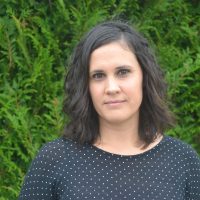
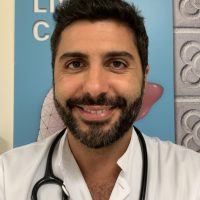
It has been my first chance to directly interact with international leaders in Hepatology and young investigators (among them many friends nowadays).
[I joined EASL] to participate in their activities, join other colleagues interested in Hepatology, and help improve the research and education in liver diseases.
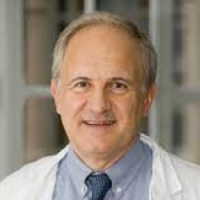
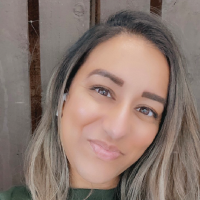
Nurses are the patient’s advocates. To join EASL allows us to be the patient’s voice and promote the best and latest practice.
Why did you join EASL?

That’s a no-brainer. EASL has expanded my horizons in so many ways and has opened many doors for me. The EASL has also given me the opportunity not only to meet colleagues from Europe and beyond and learn from their expertise, but also to travel and learn about different health care delivery systems and health disparities, which is particularly relevant in areas such as viral hepatitis.
I joined EASL to connect with the best experts in the field of hepatology from all over the world, as well as benefit from all the educational and networking opportunities that EASL offers.


I joined EASL thanks to a wise suggestion of my supervisor at the time. She showed me all the potential benefits of the Society, especially the education programs for young investigators.
I wanted to participate in the EASL’s activities, meet other colleagues interested in Hepatology, and help improve the research and education in liver diseases.


A COVID-19 liver trial I had been working on for 9 months was going to be presented at EASL, so I thought it would be a great opportunity to see the outcome of the research.
How important has it been to your career to be an EASL member?

The definition of the noun ‘career’ is: an occupation undertaken for a significant period of a person’s life and with opportunities for progress.
The EASL has been an integral part of my working life as a clinician-scientist for more than four decades. Over that time, EASL has evolved from a smaller—dare I say friendlier—meeting, with the venue rotating through different European cities, to a large and digitalised conference with just a few venues for the face-to-face ILC, enabling participation from clinicians and scientists across more than 100 countries.
Its activities now encompass the entire range of small focused events, which allow for more personal interactions (such as the EASL monothematic conference on PBC in Newcastle upon Tyne, UK in 2008 which I co-organised), to engagement with patient organisations and EU advocacy. EASL membership is not only essential for any person interested in studying the liver to progress in their occupation, but it is also a very convivial home.
Being an active EASL member has given me the opportunity to stay up-to-date with the latest advances in the field of Hepatology. Moreover, EASL has given me access to top-class education, such as the opportunity to attend EASL Basic Schools.
The EASL has also helped me secure research opportunities for PhD students, such as the Andrew K. Burroughs short-term fellowship, which places them in a foreign institution for three months. The membership also provides get reduced fees to register and attend The International Liver Congress every year, along with other EASL events such as the Liver Cancer Summit.


I believe it has been absolutely crucial for my career. It gave me my first chance to directly interact with international leaders in Hepatology, and meet other young investigators, many of whom I now call friends.
EASL opened my view of the international landscape and was a major stimulus for my career evolution. As an example: At an annual EASL conference, I had the opportunity to meet my mentors Maria Reig and Jordi Bruix, and to plan my past fellowship at the BCLC group.
Very important. EASL is a very active society that well-engaged with education about Hepatology and increasing awareness about liver diseases.


It has been huge! After two years of remote meetings, to be able to attend face-to-face meetings has allowed us to network with doctors and nurses and spark new ideas about how to improve our own patient care.
3 words to describe your experience with EASL?
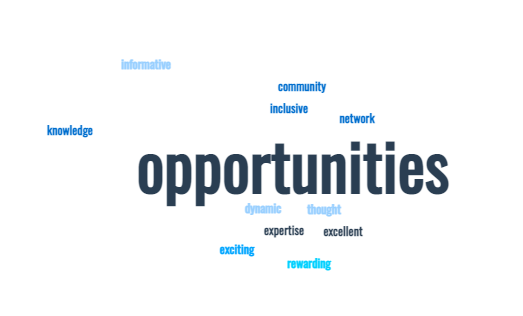
Why should a young Hepatologist join EASL?

Not to listen to the views of an old hepatologist. You are the future of the field, and an EASL membership helps you make that happen.
Perhaps it is especially important for women to actively participate outside their own organisations and countries, where some still encounter barriers, and develop external professional contacts. EASL is committed to closing the gender gap in science, thus enabling more women to fulfil their potential.
EASL not only attracts worldwide leading experts in the field of Hepatology field but also provides scientists with many opportunities to network and get top-class education, as well as financial support for fellowships or attend diverse EASL events.


It is a unique opportunity to grow, to continuously learn and to be updated in the latest developments in the field of Hepatology. EASL can help a young investigator find new career motivations, as well as educational and work opportunities.
To improve his/her knowledge about liver diseases and interact with colleagues from different countries, not only in Europe but also from all over the world.


Nurses are the patient’s advocates. To join EASL allows us to be the patient’s voice and promote the best and latest practice.
How do you picture your future with EASL?

In line with its push to promote gender balance in all areas of the organization, the EASL is finally appointing a woman as Honorary President of the ILC in Vienna next year.
I am honoured to be that woman, but I must point out that I am an example of how women have made profound contributions to the field of Hepatology over the past four decades but have, all too often, been under-recognised. I was simply lucky enough to be in the right place at the right time.
Beyond 2023, I hope to remain curious, celebrate new advances, meet old friends and make new ones at EASL meetings. If I am to offer my advice, I can only repeat what Peter Medawar told a young scientist: “To make important discoveries, ask important questions”. One important biological question that I asked is the cause and hence treatment of Alzheimer’s Disease, which may have a liver component. Perhaps one good thing about growing old is that one can be controversial.
I will continue supporting EASL as I have done until now. I also hope to also continue exploring the latest knowledge and enjoying the many research opportunities that EASL brings.


I cannot imagine my future without EASL!
Exciting. I think EASL is doing a very good job as an international society. Personally, I would like to be engaged in serving the Society in whatever area I might be of most help in.


I see myself attending more EASL ILCs in the future, and hopefully one day be able to present my own research to my peers.


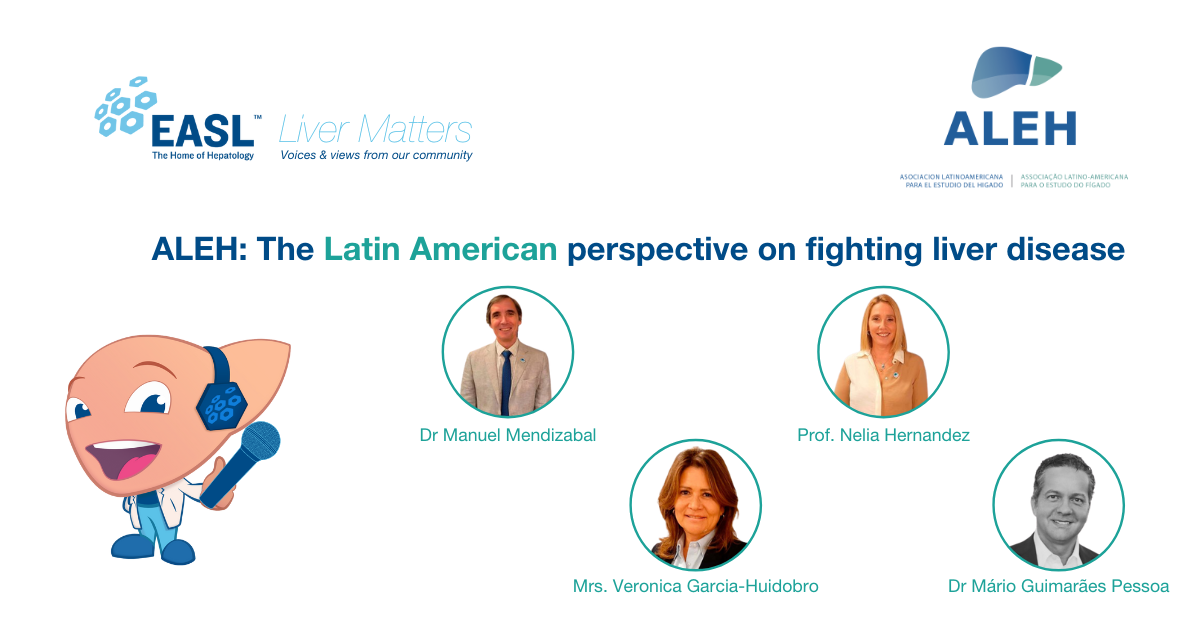
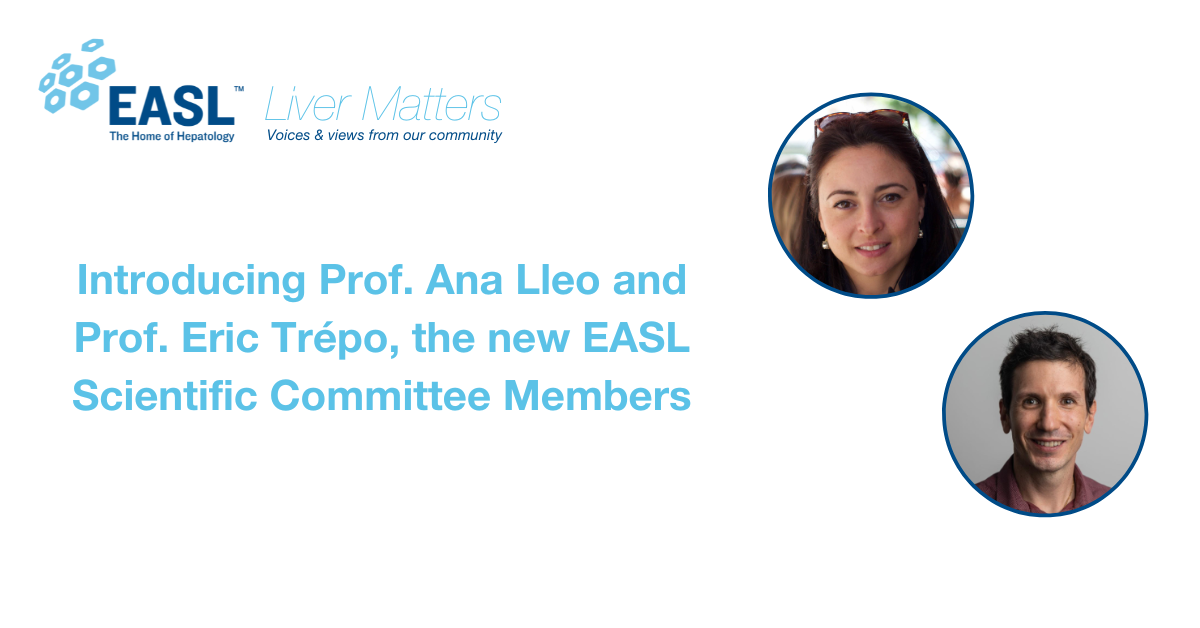
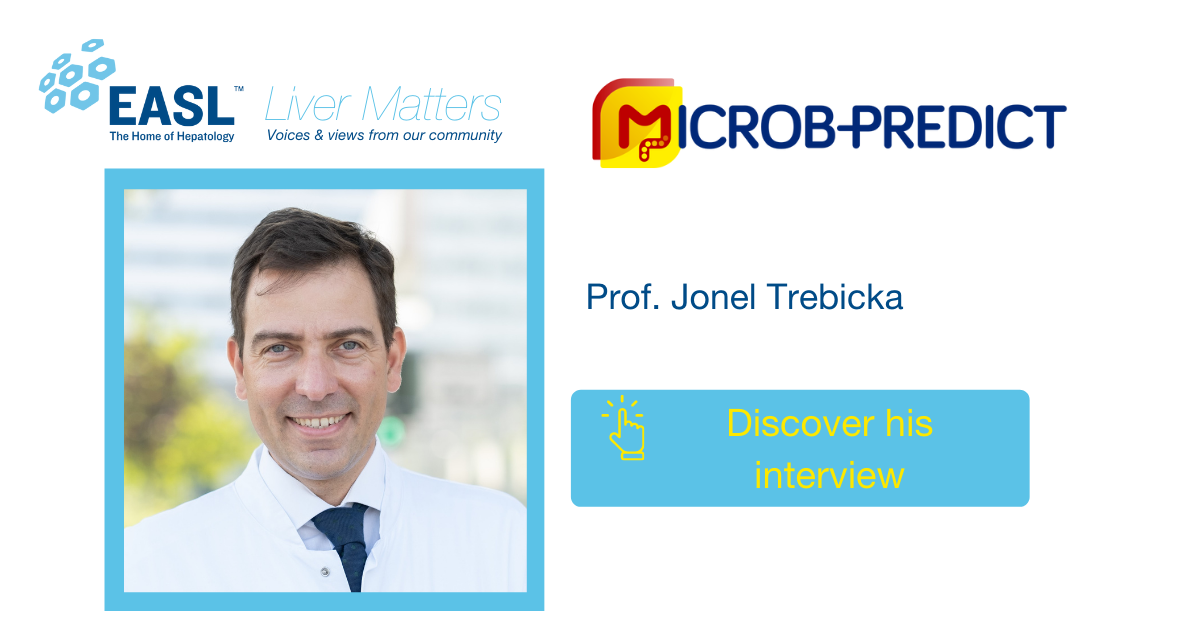
Comments (0)